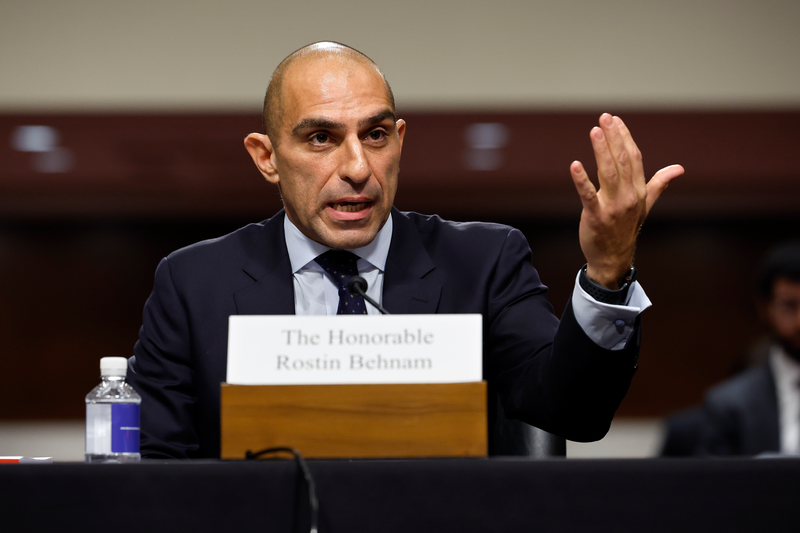It’s been just two weeks since the approval of bitcoin ETFs by the SEC. But concern is still being voiced from many corners, not least from other regulators.
Speaking at the ABA Business Law Section Derivatives & Futures Law Committee, CFTC Chair Rostin Behnam said the widespread acceptance of bitcoin
Register for free to keep reading
To continue reading this article and unlock full access to GRIP, register now. You’ll enjoy free access to all content until our subscription service launches in early 2026.
- Unlimited access to industry insights
- Stay on top of key rules and regulatory changes with our Rules Navigator
- Ad-free experience with no distractions
- Regular podcasts from trusted external experts
- Fresh compliance and regulatory content every day













